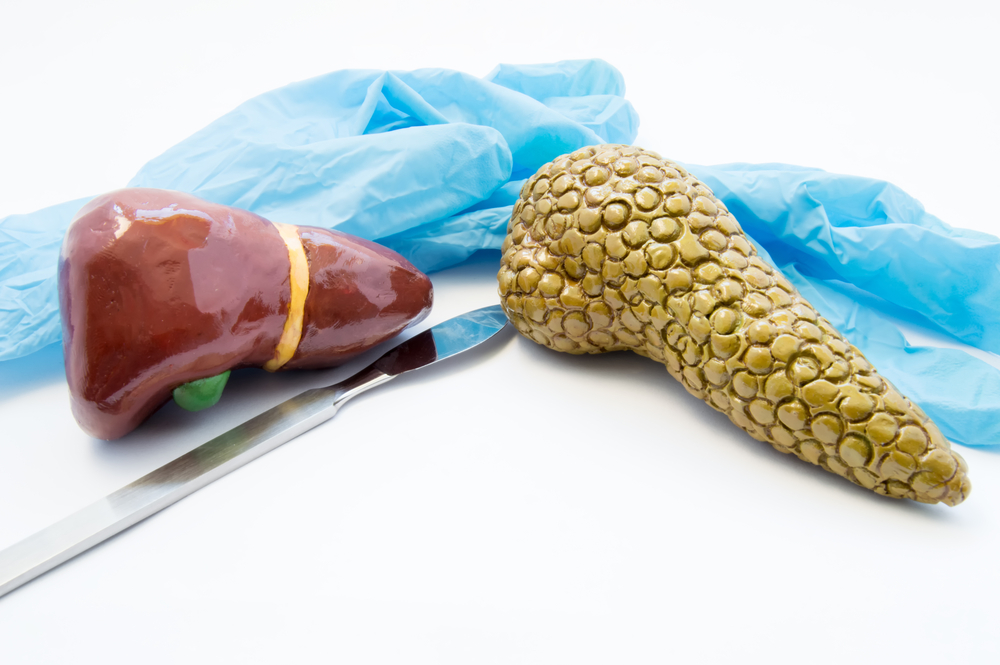Portal hypertension is an increase of pressure within the portal vein that carries blood from the digestive organs to the liver. A blockage causes an increase in pressure in the blood flow through the liver. Growing pressure in the portal vein may cause large veins to develop across the esophagus and stomach to get around the blockage. The varices become sensitive and can bleed easily.
When there is an increased pressure in the portal vein, one of the effects is the development of huge, swollen veins within the esophagus, stomach, rectum, or umbilical area. Varices can rupture and bleed, resulting in potentially life-threatening complications.
The common cause of portal hypertension is cirrhosis or damaging the liver. It results from a liver injury curing due to hepatitis, alcohol abuse, or other significant reasons for liver damage. In cirrhosis, the scar tissue blocks blood flow through the liver and slows its processing functions.
Thus, this article will further detail portal hypertension, its symptoms, diagnosis, and medications.
The portal hypertension is mainly caused by increased pressure in the portal vein that may cause huge, swollen veins within the esophagus, stomach, or umbilical area. This disease is fatal if left untreated. This disease is hard to cure. However there are available treatments that can manage and stop the complications, specifically the bleeding veins. Also, there are several ways to prevent and take care of the liver as prescribed by the doctors. Hence, this article will dig deeper into the facts, types, symptoms, and portal hypertension treatments.


